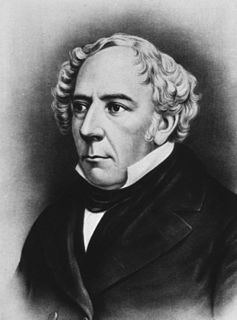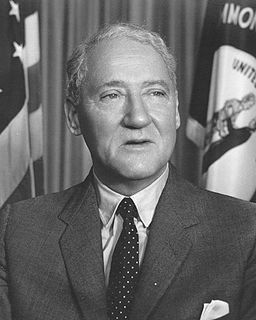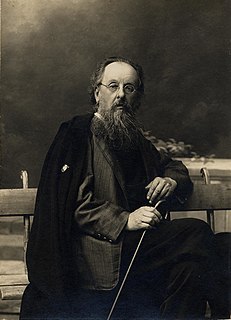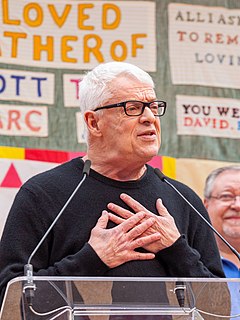A Quote by Sir William Hamilton, 9th Baronet
Related Quotes
We do not read in order to turn great works of fiction into simplistic replicas of our own realities, we read for the pure, sensual, and unadulterated pleasure of reading. And if we do so, our reward is the discovery of the many hidden layers within these works that do not merely reflect reality but reveal a spectrum of truths, thus intrinsically going against the grain of totalitarian mindsets.
I think it's important to humanize history; fiction can help us remember. A lot of books I've read in the past have been so much more important than textbooks - there is an emotional connection with one particular person. I'm very much of a research-is-important type of fiction writer, even for contemporary fiction. I wrote about blogs in America and I've never blogged. But I read many, many blogs - usually about feminist things, or about race, or about hair.









































